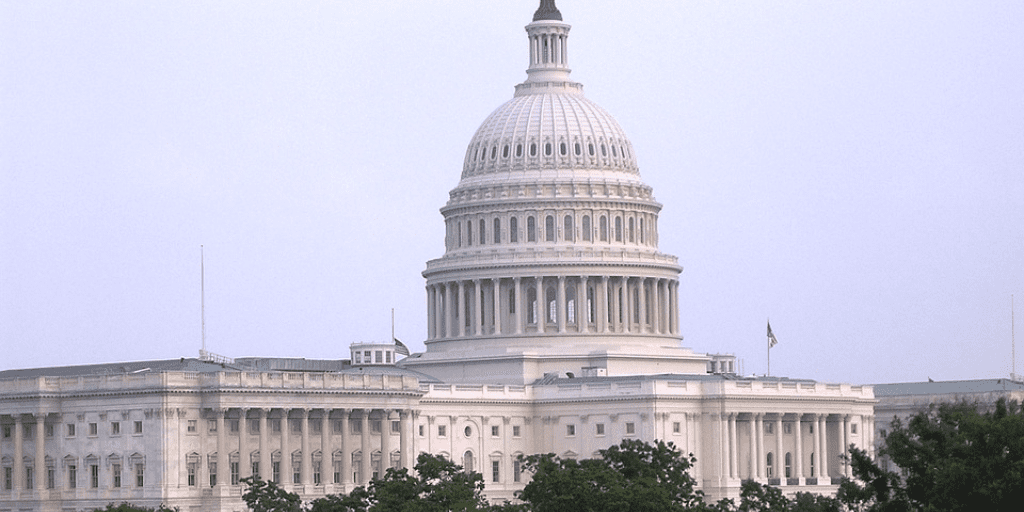Is the revolving door on Capitol Hill the right thing for ex-lawmakers and staffers? TMG’s Ivan Adler casts his vote on this controversial subject.
Just as President Barack Obama has intensified his anti-K Street rhetoric with the November elections in view, several of his administration’s senior aides have decamped for jobs along the influence corridor.
And many more are eyeing such a career move, sources say, despite Obama’s effort to curb the revolving door between government and advocacy.
“You’re going to see numerous people leave and lobby Congress,” said Craig Holman, a lobbyist for Public Citizen, which opposes corporate influence on politics. “The president’s restrictions are clearly making a difference, but they haven’t stopped the revolving door. To do that, you’d need legislation.”
In the past two weeks alone, two Commerce Department officials went downtown: April Boyd, who was assistant secretary for legislative and intergovernmental affairs, joined Yahoo, where she will manage the company’s outreach to Democrats, and Kevin Griffis, who was senior adviser to the chief of staff, is now a principal at the Podesta Group, one of the city’s top-revenue-grossing lobby firms.
The duo is following in the footsteps of several other colleagues who have departed in recent months, including Jill Zuckman, a senior Transportation Department official, who went to SKDKnickerbocker; Nate Tibbits, who left the National Security Council to chair the U.S. public affairs practice at Burson-Marsteller; and Madeline Otto, who went from the Department of Health and Human Services to the federal government relations department of Group Health Cooperative.
Dana Singiser became Planned Parenthood’s vice president of public policy and government relations last fall after serving in the White House Office of Legislative Affairs. Another White House staffer, Dan Turton, departed last year to head the Washington, D.C., office for Entergy.
In general, federal law bars senior administration officials from lobbying their former agencies for one year, and on taking office in 2009, Obama issued an even broader post-employment ban.
The pledge, as it is known, extends the existing ban to two years, and for former officials who become registered lobbyists, it prohibits them from lobbying any covered executive branch official for the entirety of the Obama administration.
The ex-Obama aides are free to lobby Congress. That ability to breeze around Capitol Hill, coupled with their knowledge of the inner workings of the executive branch, even if they can’t lobby it, can make them attractive hires.
Even so, not all administration officials looking to move downtown will find lucrative opportunities — but it has little to do with the pledge or their restrictions, said Ivan Adler, a K Street recruiter with the McCormick Group.
“I wouldn’t say nobody cares about the pledge, but it’s not as big a factor as the economy or the lack of activity on the Hill,” he said.
Most of the former officials declined comment or did not return calls seeking comment. Michael Burns, an Entergy spokesman, said Turton “made it clear from the start” that he would honor his pledge.
A spokeswoman for the Podesta Group, Missi Tessier, confirmed that Griffis also signed the pledge. “But he is under few, if any, restrictions,” she said, noting that Griffis planned to focus on public relations work.
The Obama administration has drawn a clear distinction between registered lobbyists and those who do public relations or other types of issue advocacy. It’s a difference that many on K Street say makes little sense and actually causes more work to move out of the sunlight of lobbying disclosures and into the shadows.
But a White House spokesman said his boss has done more than any president before him to slow the revolving door


